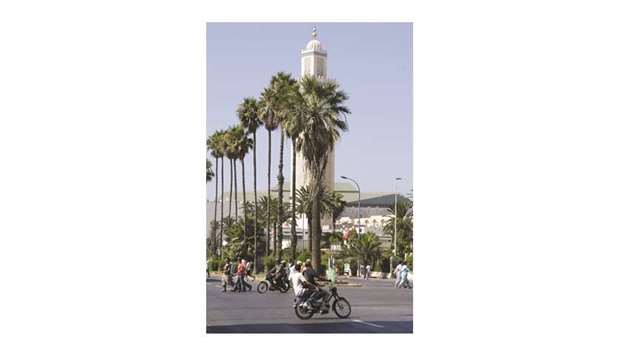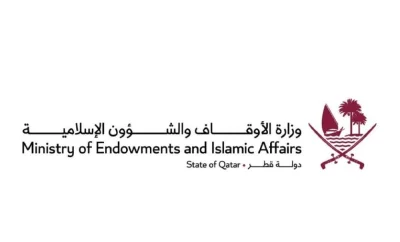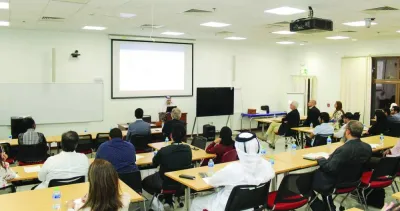Last week we noted here that Morocco ranked last on the 48-nation Islamic Finance Country Index by London-based Islamic finance consultant firm Edbiz Consulting, even behind a number of Western, non-Muslim countries. This came as a surprise to many who are not familiar with Morocco’s banking system.
In fact, the North African nation simply did not spare too much thoughts on introducing an Islamic finance framework in the past because the reform-driven government did not perceive it as a priority.
Even the latest move made in March this year by Morocco’s central bank Bank Al-Maghrib to finally deliver an Islamic finance regulation framework that allows the launch of Islamic banks was not exactly driven by religious motives, but rather financial reasons. Since the financial crisis of 2008, Morocco struggled to rebuild its financial markets that lack liquidity and foreign investors, and the stance is now that Islamic finance could attract both of those, especially from Gulf countries awash in investable assets.
That said, the first step towards Islamic banking still remained subdued. According to Bank Al-Maghrib governor Abdellatif Jovahri, any Islamic transaction in Morocco would be subject to preliminary approval by the central Shariah board, which has been installed under the name of Shariah Committee for Participative Finance. The central bank also allows just five popular types of Islamic finance transaction, namely murabaha, musharaka, ijara, mudaraba and salam.
Conventional banks are free to open windows selling Islamic finance products when certain regulations are adhered to. For Islamic insurance, or takaful, no regulations have been released yet.
So far, four large Moroccan banks, Attijariwafa Bank, BMCE of Africa and Banque Centrale Populaire have been given approval to launch “participative banking” subsidiaries, together with the Moroccan units of Societe Generale of France (Societe Generale Marocaine de Banques) and Credit Agricole (Credit du Maroc), as well BMCI, the corporate and industry financing local unit of French financial group BNP Paribas (Banque Marocaine pour le Commerce et l’Industrie) and local bank Credit Immobilier Et Hotelier, or CIH Bank.
With the latter, Qatar International Islamic Bank entered a joint venture to be the first to open a full-fledged Islamic banking chain in Morocco under the name of Umnia Bank, which opened its inaugural three branches on May 22, two in Casablanca and one in Rabat.
BMCE Bank of Africa joined forces with Saudi banking group Dalla Al Baraka, Banque Centrale Populaire with Saudi housing finance provider Guidance Finance and Credit du Maroc with the Islamic Corp for the Development of the Private Sector, but they still have yet to launch operations.
While estimations are that between 150 and 200 Islamic finance banking branches could eventually be opened in the country, rating agency Fitch Ratings took a look at the prospects of the industry at a whole.
“We expect the growth of participative banks to be high initially, as was the case after the introduction of Islamic finance in Turkey and Indonesia,” a respective Fitch note released on June 8 said, adding that “the possibility of offering new banking products could increase their deposit bases by 5% to 10%.”
However, in the long term, Islamic finance in Morocco will just occupy a small market share, the ratings agency believes, arguing that the growth potential was limited by an already saturated banking market.
“Banking penetration is already high in Morocco, with 70% of adults holding a bank account. Participation banking is therefore unlikely to take a significant market share from the well-established conventional banks,” the note stated. Fitch also criticised that there was still a lack of clarity in the Islamic banking framework with regards to liquidity management in a Shariah-compliant manner and the structuring of financing contracts, both issues that would drive up costs for Islamic banking transactions.
The rather pessimistic outlook contradicts a study by the Islamic Research and Training Institute of the Islamic Development Bank that found that 98% of Moroccans are interested in Islamic banking products and as much as 43% would open bank accounts with Islamic institutions, even if Islamic banking products were costlier than traditional banking services.
Morocco’s Economy and Finance Minister Mohamed Boussaid is also upbeat.
“We are off to a promising start. Now we will focus on the development of long-term financing tools and Islamic capital markets,” he said.
The next step will therefore be the issuance of Morocco’s first sukuk, a dirham-denominated sovereign Islamic bond, before the end of 2017 whose proceeds will be used to raise funds to finance state-run development projects, pending the finalisation of the necessary regulatory framework to list sukuk and other Islamic financing vehicles on the Moroccan financial market.

A view of the Hassan II Mosque is seen in Casablanca, Morocco (file). Since the financial crisis of 2008, Morocco struggled to rebuild its financial markets that lack liquidity and foreign investors, and the stance is now that Islamic finance could attract both of those, especially from Gulf countries awash in investable assets.


